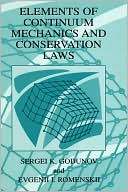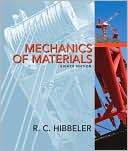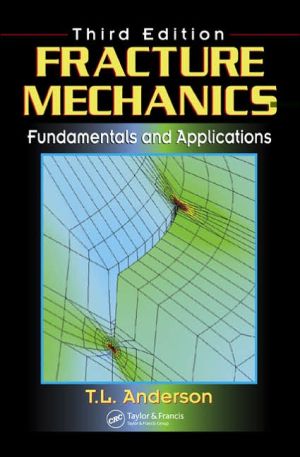Elements of Continuum Mechanics and Conservation Laws
Search in google:
Elements of Continuum Mechanics and Conservation Laws presents a systematization of different models in mathematical physics, a study of the structure of conservation laws, thermodynamical identities, and connection with criteria for well-posedness of the corresponding mathematical problems. The theory presented in this book stems from research carried out by the authors concerning the formulations of differential equations describing explosive deformations of metals. In such processes, elasticity equations are used in some zones, whereas hydrodynamics equations are stated in other zones. Plastic deformations appear in transition zones, which leads to residual stresses. The suggested model contains some relaxation terms which simulate these plastic deformations. Certain laws of thermodynamics are used in order to describe and study differential equations simulating the physical processes. This leads to the special formulation of differential equations using generalized thermodynamical potentials. The structure of conservation laws and new ideas and methods of constructing mathematical models are presented. The final chapter: Structure of Thermodynamically Compatible Systems reflects Godunov's latest research. It presents an approach to the formalization of equations of continuum mechanics, in particular, relationships between the structure of thermodynamical conservation laws and representations of the rotation group. The material covered in this chapter was written during the preparation of the English edition and intensively discussed with specialists in different countries and presented at lectures given by Godunov in 2002. This book describes the theory developed by Godunov together with his former student Evgenii Romenskii which presents a systematization of different models of elastic media and related classification of hyperbolic equations.
Chapter I.Elementary Properties of Deformations and Stresses11.Deformations and Strain Rate12.General Properties of Stresses93.Stressed State at a Point224.Isotropic Elastic Medium, Equation of State, and the Murnaghan Formulas295.Viscous Stresses in an Isotropic Medium426.Strain Tensors and Distortion Tensor527.Murnaghan Formulas in the Tensor Form and Small Deformations578.Moving Medium. Murnaghan Formulas63Chapter II.Effective Elastic Deformation719.Relaxation of Stresses7110.Equations for the Metric Effective Elastic Deformation Tensor8211.Compatibility Conditions8812.Description of Relaxation of Shear Stresses by Equations for Effective Distortion10313.Defects of Crystal Lattice. Review of Notions (Dislocations)112Chapter III.Differential Equations of Dynamical Processes12114.Conservation Laws12115.Consequences of Conservation Laws12616.Deformation of a Layer and a Bar13017.Equations for One-Dimensional Nonstationary Processes and Structure of Stationary Waves in a Maxwell Medium139Chapter IV.Well-Posedness of Differential Equations and Thermodynamics15318.Well-Posedness Conditions for Equations of Elasticity15319.Equations of Linear Elasticity as Symmetric Hyperbolic Equations16120.Symmetrization of Equations of Gas Dynamics16721.Influence of Small Viscosity on the Behavior of Solutions17622.Well-Posedness, Stability, and Postulates of Phenomenological Thermodynamics187Chapter V.Multi-Dimensional Thermodynamically Compatible Conservation Laws20323.Gas Dynamics Equations and Magnetic Hydrodynamics Equations20324.Equations of Elasticity20625.Structure of Multi-Dimensional Equations21126.Symmetric Hyperbolicity in the Three-Dimensional Case215AppendixStructure of Thermodynamically Compatible Systems2171.Mathematical Aspects2172.The Simplest Galilei-Invariant Thermodynamically Compatible Systems2193.Methods of Constructing Equations2274.Some Facts of the Theory of Representations of Orthogonal Transformations of Three-Dimensional Space2385.The Clebsch-Gordan Coefficients2456.Orthogonal Invariants251Literature255Subject Index257








